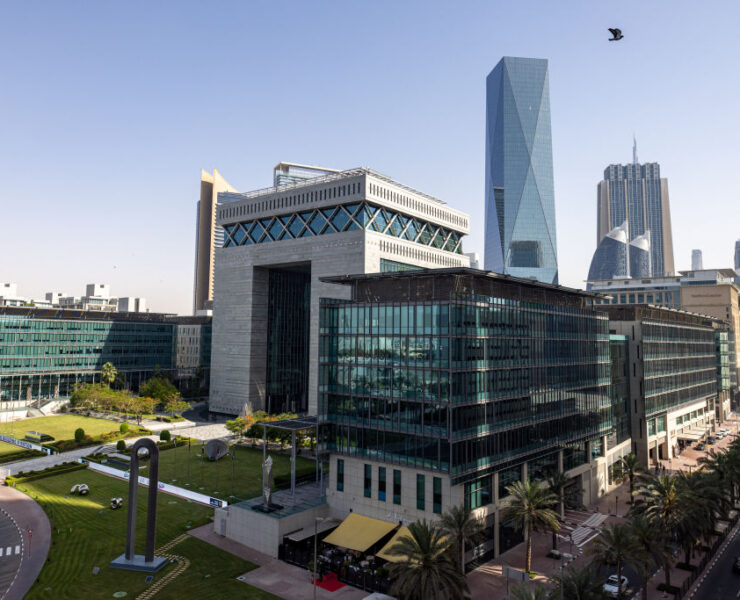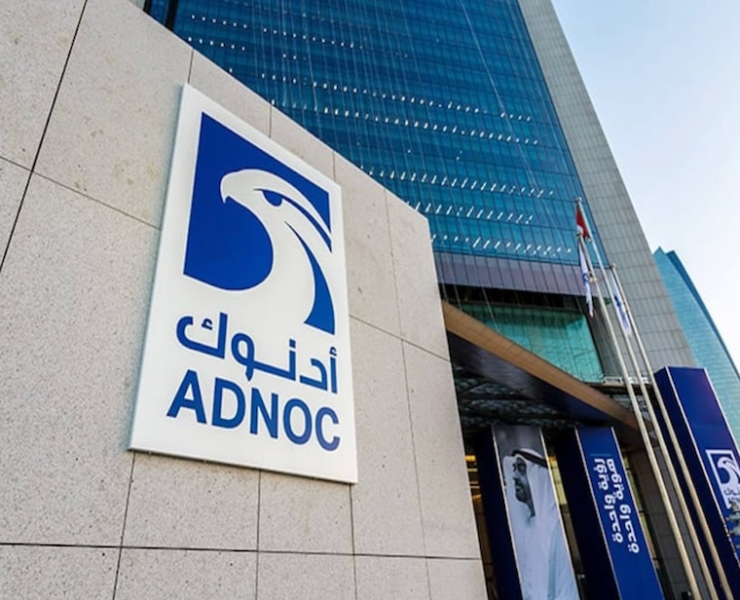Dubai Government reduces public debt by Dhs29bn
The emirate repaid Dhs20bn as part of its total financing from Abu Dhabi and the Central Bank of the UAE

Dubai will reduce its public debt to 25 per cent of GDP, after repaying a combined Dhs29bn within a year and a half of the establishment of the Public Debt Management Office (PDMO), according to the Government of Dubai Media Office.
The reduction in the city’s total debt includes a full redemption of sukuk certificates worth Dhs3.3bn, the repayment of bilateral and syndicated facilities totalling Dhs5.2bn and Dhs20bn as part of its total financing from Abu Dhabi and the UAE’s central bank.
“Despite ongoing global economic challenges, Dubai’s Department of Finance (DOF) not only achieved financial efficiency but also seized opportunities from adversity” said Abdulrahman Saleh Al Saleh, DOF’s director general.
“The support received from the leadership has enabled us to achieve rational spending on projects, improve and diversify revenues, and optimise the use of financing instruments. This has facilitated the fulfilment of government financial obligations according to the scheduled dates, in addition to accelerating the fulfilment of some other obligations.”
The launch of the debt management office in 2022 is expected to help further improve the structure of Dubai’s government debt, perhaps by lengthening maturities, diversifying funding sources, and developing an efficient market for government securities.
Rashed Ali bin Obood Al Falasi, PDMO’s CEO said the office unveiled its Public Debt Sustainability Strategy programme for 2022/24, with the objective of reducing borrowing costs, mitigating refinancing risk, and ensuring Dubai’s financial stability in the medium term.
“The programme aims to shape robust public financial policies, and foster confidence among investors and financial institutions through maintaining a high level of transparency and credibility,” said Al Falasi.
Dubai eases debt burden
Meanwhile, Dubai emerged from the pandemic as a global investment hub and a magnet for tourists and wealthy investors, helping the emirate to recover from its debt burden, driven by an economic boom that is being driven by a rebound in the luxury real estate market.
Earlier in May, S&P Global said Dubai’s debt load will decline in 2023, citing the robust economic growth that is set to benefit from the UAE’s wide-ranging social and economic reforms and the city’s medium- and long-term economic growth prospects.
“We forecast a reduction in government debt to about 51 per cent ($66bn) of GDP in 2023 from a cyclical high of 78% in 2020,” said S&P Global.
Dubai has been repaying its debt, including $2.9bn in bonds from 2020 to first-quarter 2023 and reduced its loans from Emirates NBD by 30 per cent over the same period. In February, the PDMO redeemed $750m (Dhs2.8bn) sukuk issued in January 2013.
Should the government continue to reduce nominal debt, S&P Global said the debt stock could fall even quicker. The rating agency placed broader public sector debt, which counts liabilities from non-financial government-related entities (GREs) – around 100 per cent of GDP.




